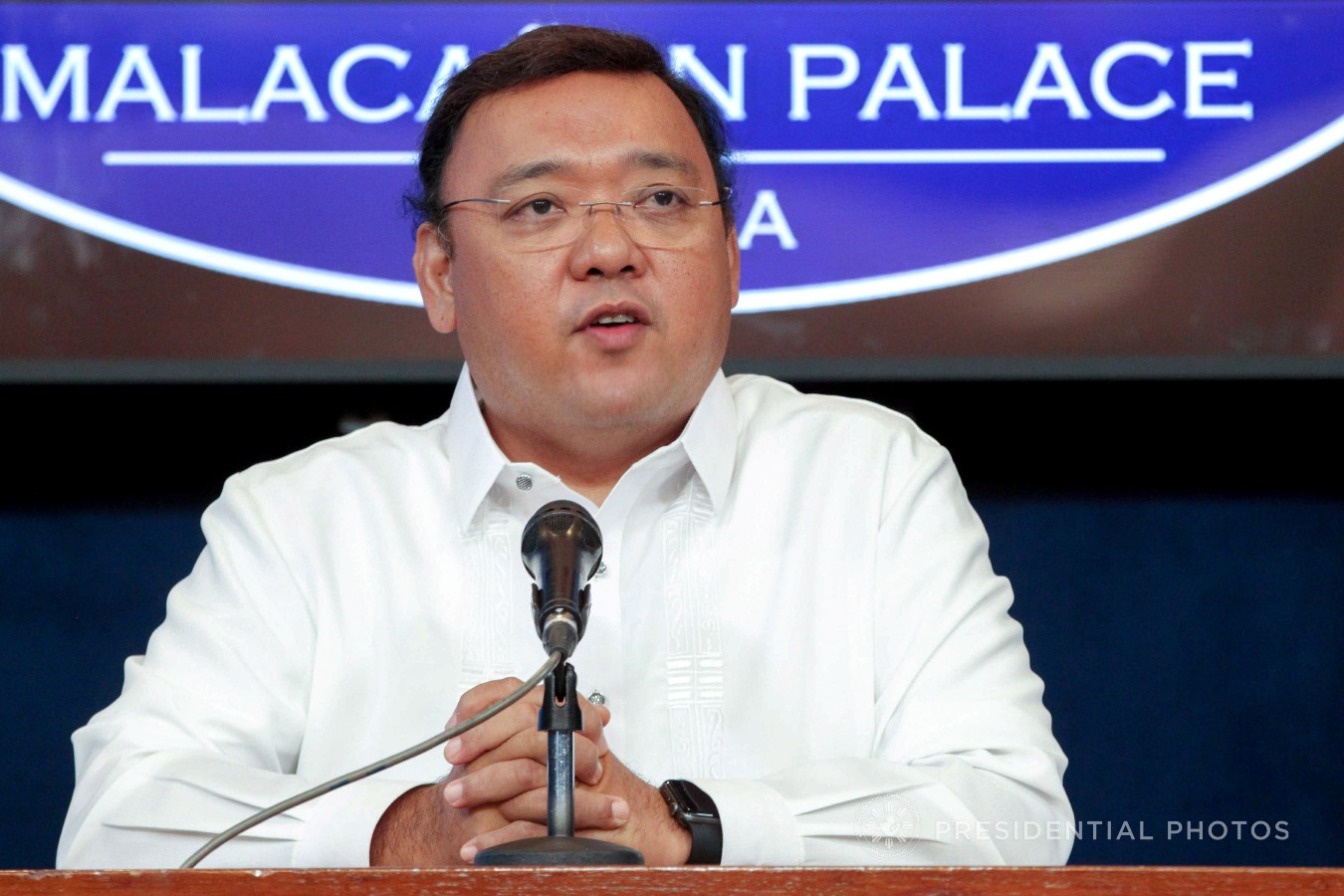
MANILA – Malacañang on Saturday assured that the government would take into consideration the recommendations of various stakeholders to stop the further transmission of the coronavirus disease 2019 (Covid-19) in the country.
Presidential Spokesperson Harry Roque made the promise as he noted that all proposals to boost the fight against Covid-19 are welcome.
Roque said the recommendations would be tackled in the next meeting of the Inter-Agency Task Force for the Management of Emerging Infectious Diseases (IATF-EID).
“We welcome comments of various stakeholders and we will include them in future IATF meetings,” he said in a press statement.
Groups from the health, labor, education, and transport sectors earlier joined a protest action to air their grievances against the government’s handling of the Covid-19 crisis.
On Thursday, President Rodrigo Duterte announced that Metro Manila, Bulacan, Cavite, Laguna, Batangas, Rizal, Cebu City, Lapu-Lapu City, and Mandaue City have been placed under a less restrictive general community quarantine (GCQ) until August 15.
A GCQ has also been implemented in Cebu’s Talisay City, Minglanilla, and Consolacion, while the rest of the country has been placed under modified GCQ, a more relaxed community quarantine imposed by the government.
Roque acknowledged that retaining the GCQ status in Metro Manila was the subject of “debate and discussion” by IATF-EID members.
“The strict lockdown in Metro Manila has served its purpose, and we need to intensify other strategies,” he said. “The Palace understands the delicate balancing act between public health and the economic health of the nation, given that Metro Manila and Calabarzon make up 67 percent of our economy.”
To combat Covid-19, Roque reiterated that the IATF-EID has directed the local government units (LGUs) of Metro Manila, as well as Calabarzon, to implement a “strict” localized lockdown in villages where 80 percent of Covid-19 cases have been reported.
“Other measures that the LGUs must implement include the stringent enforcement of minimum public health standards; massive targeted testing, intensified tracing, quarantine of close contacts; strict adherence to the implementation of Oplan Kalinga for (the) isolation of confirmed cases,” he said.
Roque noted that the implementation of community quarantine alone is an “insufficient response in controlling Covid-19.”
Thus, he said, the government sought to scale up hospital capacity by increasing the allocation of Covid-19-dedicated beds and hiring more doctors, nurses, and other medical personnel.
Roque said the government is also engaging the community through risk communication, social mobilization and advocacy to observe the minimum public health standards by wearing face masks, washing hands, and keeping a physical distance.
“Mag-mask, hugas, iwas (Wearing of mask, washing of hands, and avoiding catching) infection is our battle cry in our war against Covid-19,” he said.